Green Tomato: Waste Not, Want Not
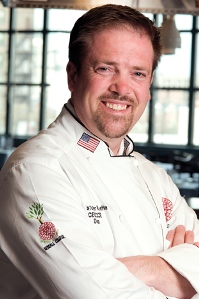 Many free materials are readily at your disposal to teach the “3 Rs” of handling excess prepared food, food scraps and used oil more sustainably.
Many free materials are readily at your disposal to teach the “3 Rs” of handling excess prepared food, food scraps and used oil more sustainably.
By Christopher Koetke, CEC, CCE
Many of us grew up with that wise adage, but it’s even more true today. In sustainability, when we talk about waste, the focus is usually on recycling and composting—basically, how to divert our waste from the landfill. However, that’s not the most sustainable solution. The U.S. Department of Agriculture (USDA) and the U.S. Environmental Protection Agency (EPA) have developed a program that advocates use of its “Food Waste Recovery Hierarchy.” We often talk about the “3 Rs”—reduce, reuse or recycle—and this program prioritizes those options.
Reduce. The most sustainable waste option is to not create it in the first place. According to Jonathan Bloom, author of American Wasteland: How America Throws Away Nearly Half of Its Food (and What We Can Do About It), Americans routinely toss out 40% of all the food produced each year. And it’s important to keep in mind that along with the wasted food, we also wasted the water, energy and other resources used to produce, harvest and transport it to our kitchens.

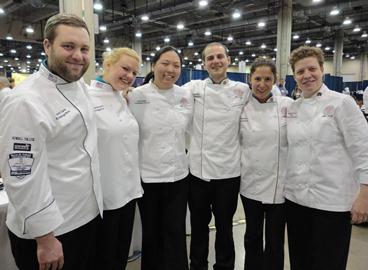 For the second consecutive year, Kendall College School of Culinary Arts students took home gold medals as winners of the American Culinary Federation’s (ACF) National Baron H. Galand Culinary Knowledge Bowl. The students beat finalist teams from Colorado, Georgia and Pennsylvania at the event, which was held today during the 2011 ACF National Convention at the Gaylord Texan in Dallas on July 24.
For the second consecutive year, Kendall College School of Culinary Arts students took home gold medals as winners of the American Culinary Federation’s (ACF) National Baron H. Galand Culinary Knowledge Bowl. The students beat finalist teams from Colorado, Georgia and Pennsylvania at the event, which was held today during the 2011 ACF National Convention at the Gaylord Texan in Dallas on July 24.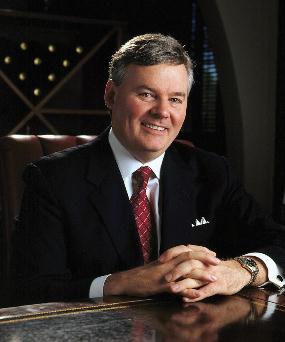 The Culinary Institute of America's (CIA) Board of Trustees announced the renewal of the contract of Dr. Tim Ryan, CMC, as president of the CIA for a 10-year term.
The Culinary Institute of America's (CIA) Board of Trustees announced the renewal of the contract of Dr. Tim Ryan, CMC, as president of the CIA for a 10-year term.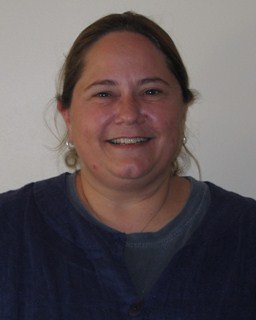 Successful transitioning from hands-on learning to hybridized classes depends on faculty who can create dynamic and engaging course content delivered with students’ best interests in mind.
Successful transitioning from hands-on learning to hybridized classes depends on faculty who can create dynamic and engaging course content delivered with students’ best interests in mind.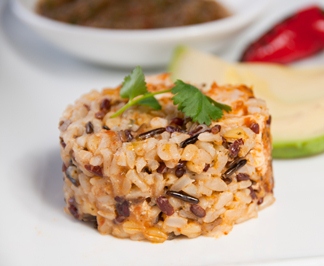 According to NPD, more adult consumers aspire to eat smaller portions in the coming year, suggesting that this healthy eating strategy will become more important in the future.
According to NPD, more adult consumers aspire to eat smaller portions in the coming year, suggesting that this healthy eating strategy will become more important in the future.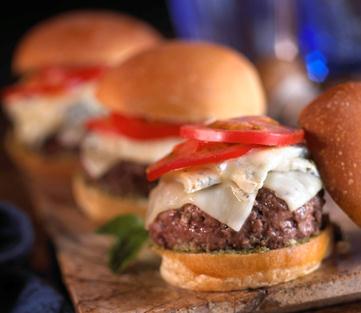 Technomic identifies what consumers find most appealing about burgers offered at more than 40 leading limited- and full-service chains.
Technomic identifies what consumers find most appealing about burgers offered at more than 40 leading limited- and full-service chains.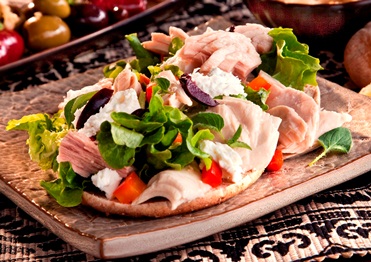 Total and fried seafood servings at restaurants are on the decline, but non-fried seafood consumption is increasing.
Total and fried seafood servings at restaurants are on the decline, but non-fried seafood consumption is increasing.